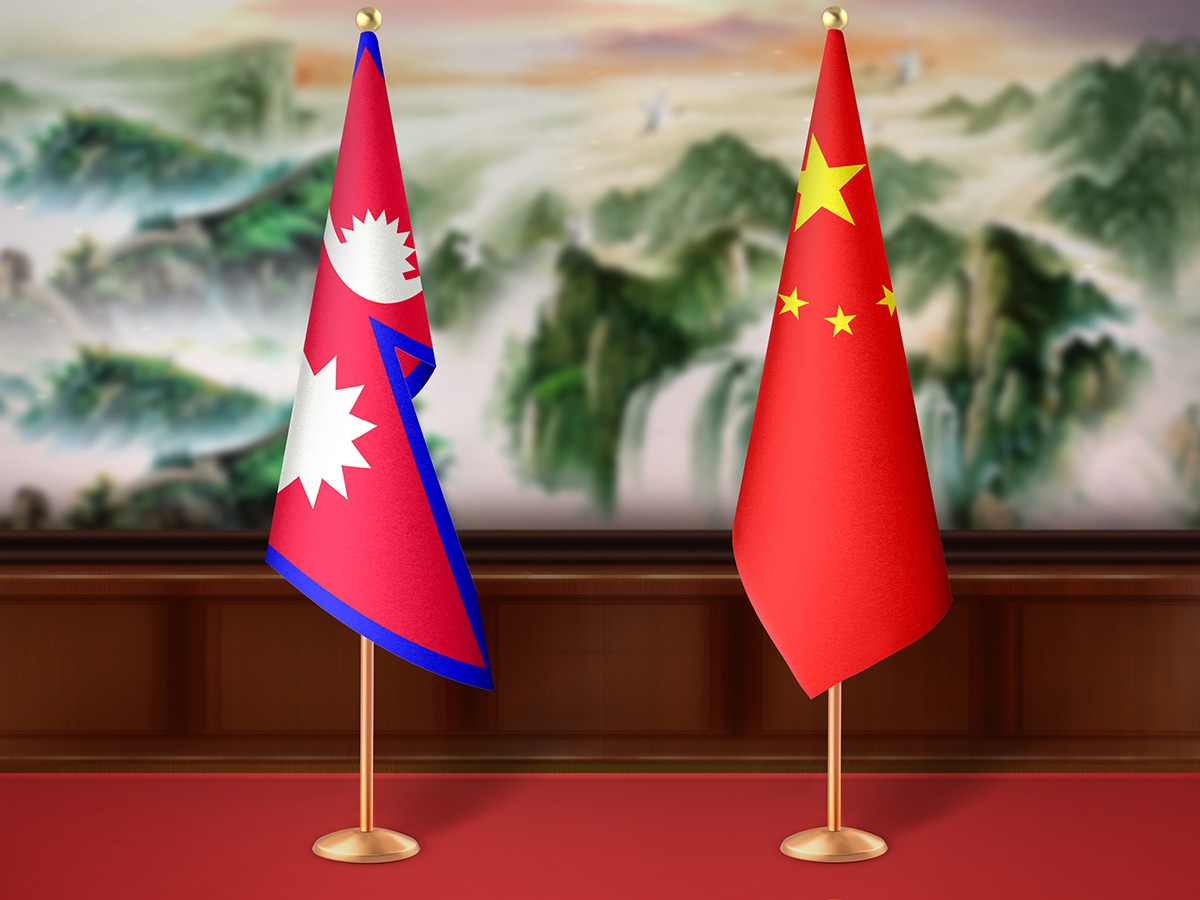
China Nepal Photo: VCG
As a China-Nepal joint team has started oil and gas exploration in northwestern Nepal's Dailekh, the first such mission in four decades, Chinese analysts believe the landlocked country's diversification of energy sources can give it more strategic room and autonomy amid strong influence from India.
A team of about 20 Chinese engineers and 45 Nepali technicians began a six-month drilling campaign in Dailekh, Nepal earlier this month, according to the Nepali-language newspaper Kantipur. The mission is funded by China, who is also providing technical support.
It is part of an agreement between China and Nepal signed in 2007. Drilling is expected to reach as deep as four kilometers below ground to determine oil and gas reserves.
Landlocked Nepal has no known oil or gas reserves and long depended on India in regard to energy. Kathmandu invited foreign teams to explore resources in 1985, but the test well turned out to be dry.
In 2019, a technical team with China Geological Survey carried out an in-depth study and later identified drilling spots in Dailekh, where a series of oil and gas seeps were discovered. But further exploration was disrupted by the pandemic.
Equipment for the exploration and extraction arrived in Dailekh in April, the Rising Nepal Daily reported.
Hu Zhiyong, a research fellow from the Institute of International Relations at the Shanghai Academy of Social Sciences, told the Global Times on Wednesday that Nepal's development and foreign policy has long been influenced by its neighbor India, yet the country has sought to diversify its energy sources in recent years through imports from China and other countries.
The exploration, if successful, will give Nepal more energy and economic independence, therefore larger strategic room to move, Hu said.
US-based political economist Narayani Sritharan said the exploration initiative, which involves substantial Chinese support, could deepen Nepal's ties with Beijing, yet "this collaboration may be perceived by India as a strategic move by China to increase its influence in Nepal, potentially heightening geopolitical tensions."
Hu said that India may not be happy with a country it regards as within "sphere of influence" now seeks more autonomy, adding that this kind of Cold War mentality is outdated.
India cannot force its smaller neighbors to stay in its camp forever with 'carrot and stick' approach, and those countries' aspiration for development and prosperity should be respected, analysts said, citing island nation Maldives which upgraded ties with China amid pivot from India.
India is advised to abandon its Cold War mentality and welcome other countries' aid and investment in South Asia with an open and inclusive attitude, Hu said.
China has been increasing investment, from highways, airports and power plants to factories and schools, in Nepal. Chinese Foreign Minister Wang Yi said in March that China is ready to work with Nepal to promote the high-quality Belt and Road cooperation, and advance the China-Nepal strategic partnership of cooperation featuring ever-lasting friendship for development and prosperity to a new and higher level.
China's pursuit is not a competition on "sphere of influence" but mutually beneficial, win-win cooperation, which is also the shared aspiration of many other developing countries, analysts said.




